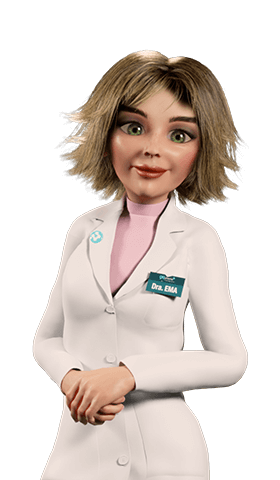Gynecology
Menopause - Coping with hot flashes
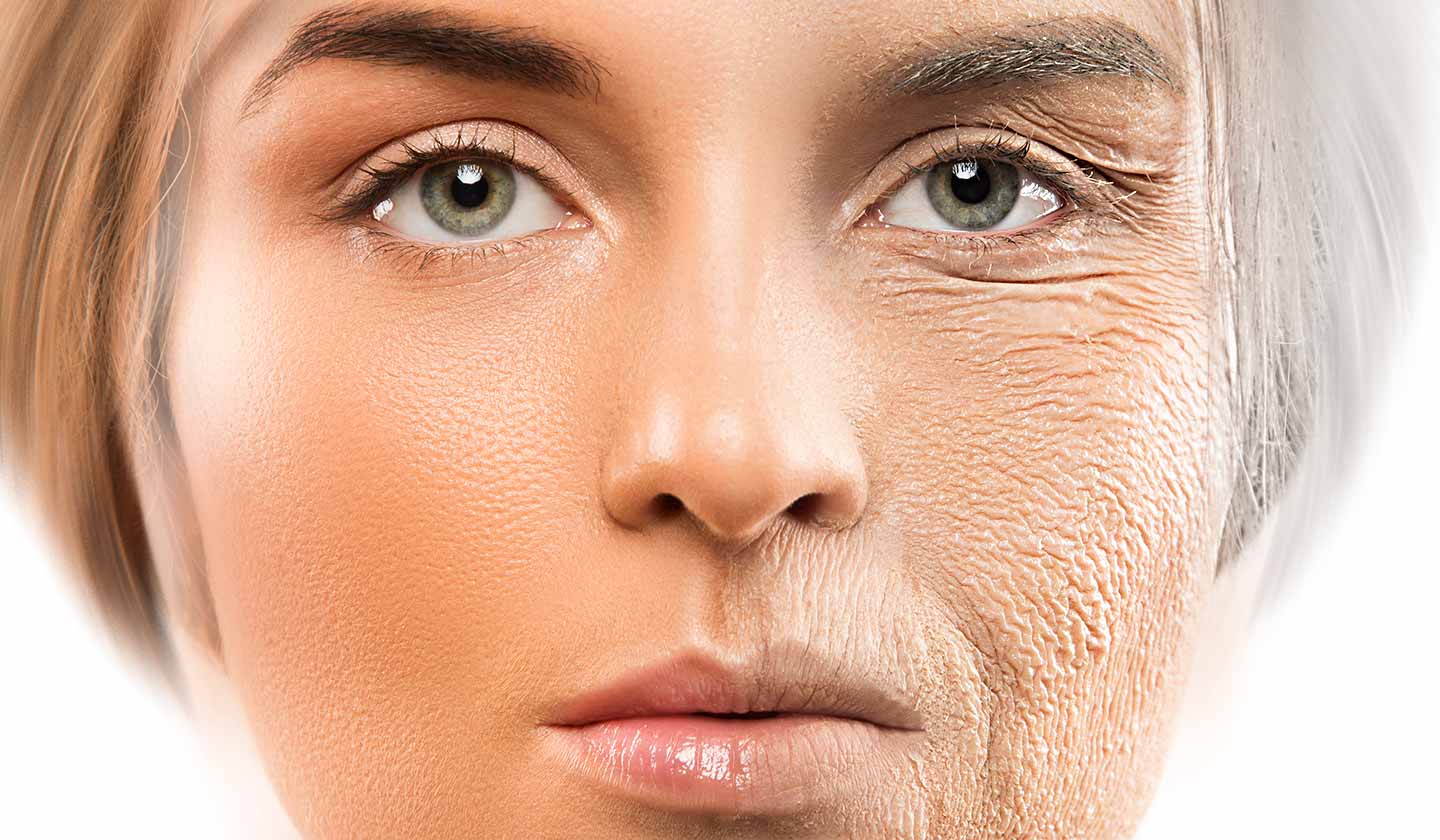
From hormone replacement therapy to dietary changes there are several strategies women can follow to cope with the menopause.
Menopause
Not all women experience the menopause in the same way. Some do not experience hot flashes, irritability, insomnia or vaginal dryness, while for others these symptoms are so intense that they interfere with their daily lives. This is why the menopause is often wrongly perceived as a negative event, as a marker of "old age". It is important to abandon these outdated concepts.
This moment - which is defined as the permanent cessation of menstrual periods, reflecting the exhaustion of the ovarian follicular reserve and which is diagnosed after 12 months of spontaneous absence of menstruation - should be seen as another phase of life, with both negative and positive points, such as the absence of the need for contraception or the end of menstrual periods, which are so difficult for so many women to endure.
If it is a shared experience it is much more easily accepted and overcome. And the most important support should be from the partner.
Most of the complaints are interrelated and everything works like a vicious circle: hot flashes cause poor quality sleep, which leads to mood swings, which leads to depression, which can cause a decrease in libido.
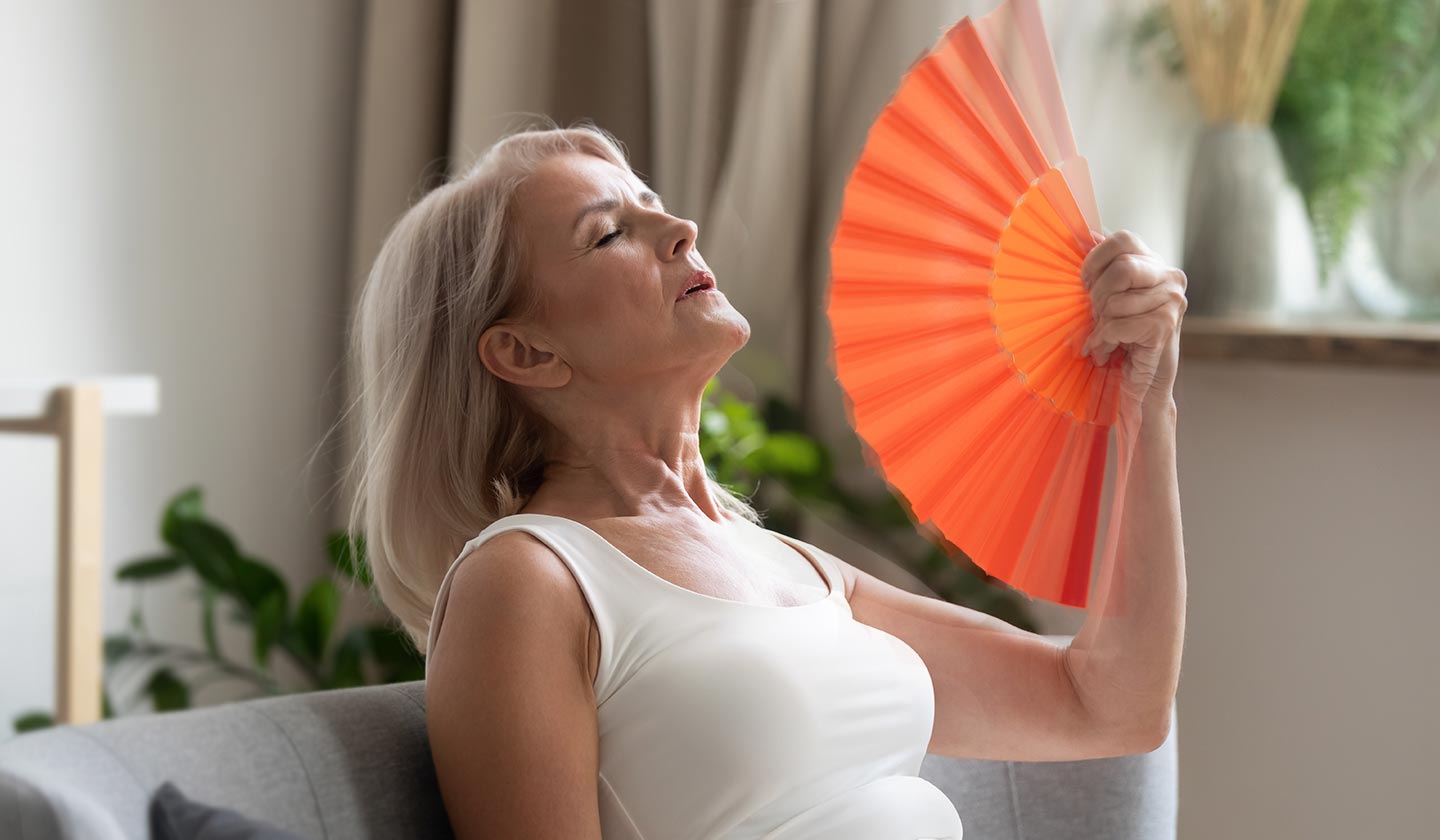
Hot flashes - What are they?
They are the most common symptom associated with the menopause - it is reported by 75 to 80% of women going through the menopause. They manifest as a sensation of heat that usually starts on the chest and face and quickly spreads. They are often accompanied by profuse sweating, so it becomes a little difficult to hide them - especially when they are frequent and/or of longer duration.
Why hot flashes are more intense in certain women?
Obesity, smoking, reduced physical activity will be associated risk factors. The decrease in oestrogen levels that occurs at menopause is thought to lead to a malfunction of the body temperature regulation systems in the central nervous system, at the level of a structure called the thalamus.
The body mistakenly assumes that the external temperature is too high and activates mechanisms for heat loss and dissipation.
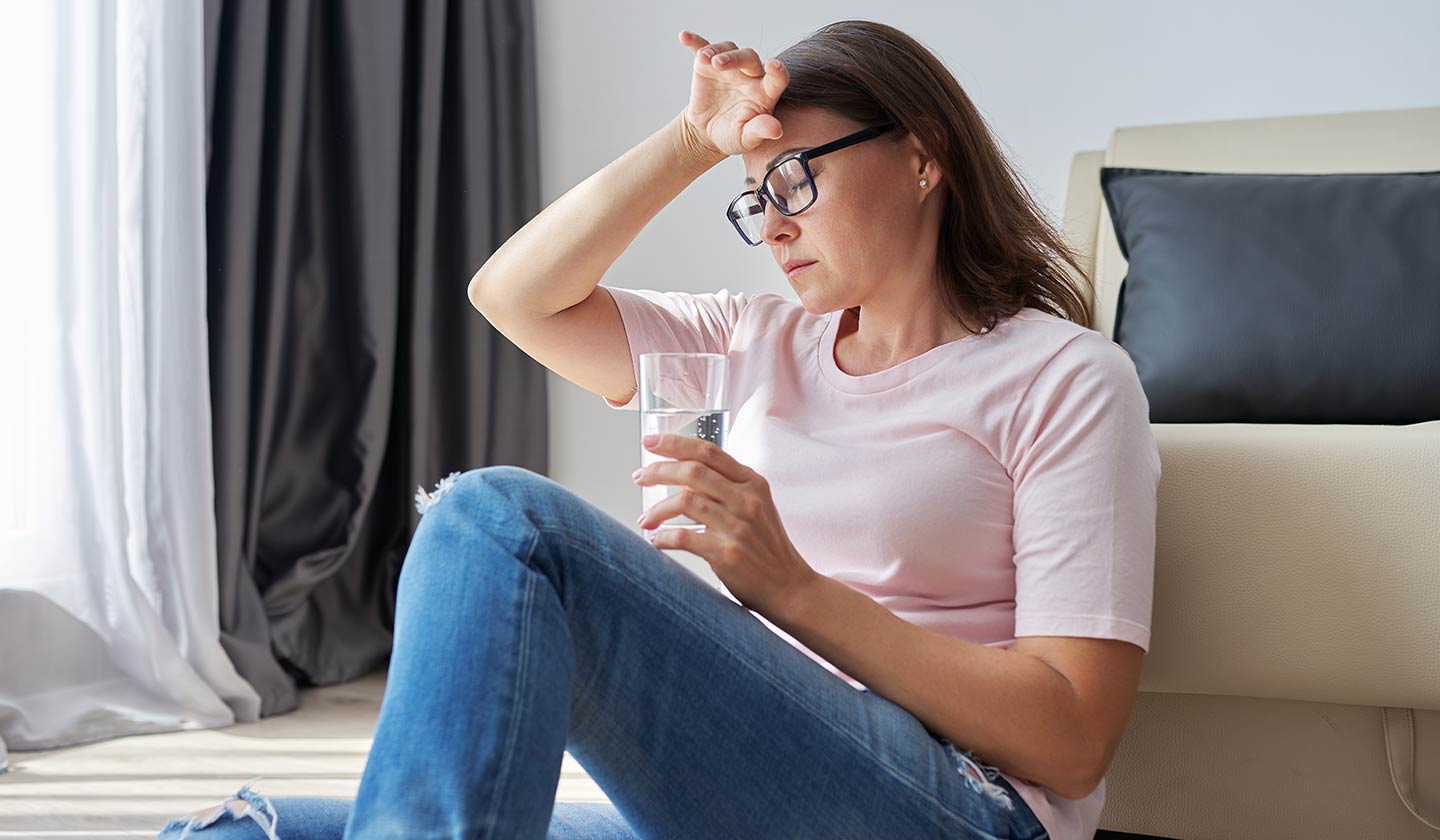
How to deal with hot flashes?
1) Mild hot flashes
Women with mild hot flashes are improved by simple behavioural modifications:
- Decrease in room temperature;
- Use of fans;
- Wearing different layers of clothing instead of a single garment;
- Avoid spicy foods or stressful situations that can lead to hot flashes.
2) More intense hot flashes
- When they are more intense, women need medication (hormonal or other). Hormone replacement therapy is indicated for those who have no contraindications to the use of hormones. For the others, some types of medication with action on the nervous system can be used. There are alternative therapies such as isoflavones and phytoestrogens.
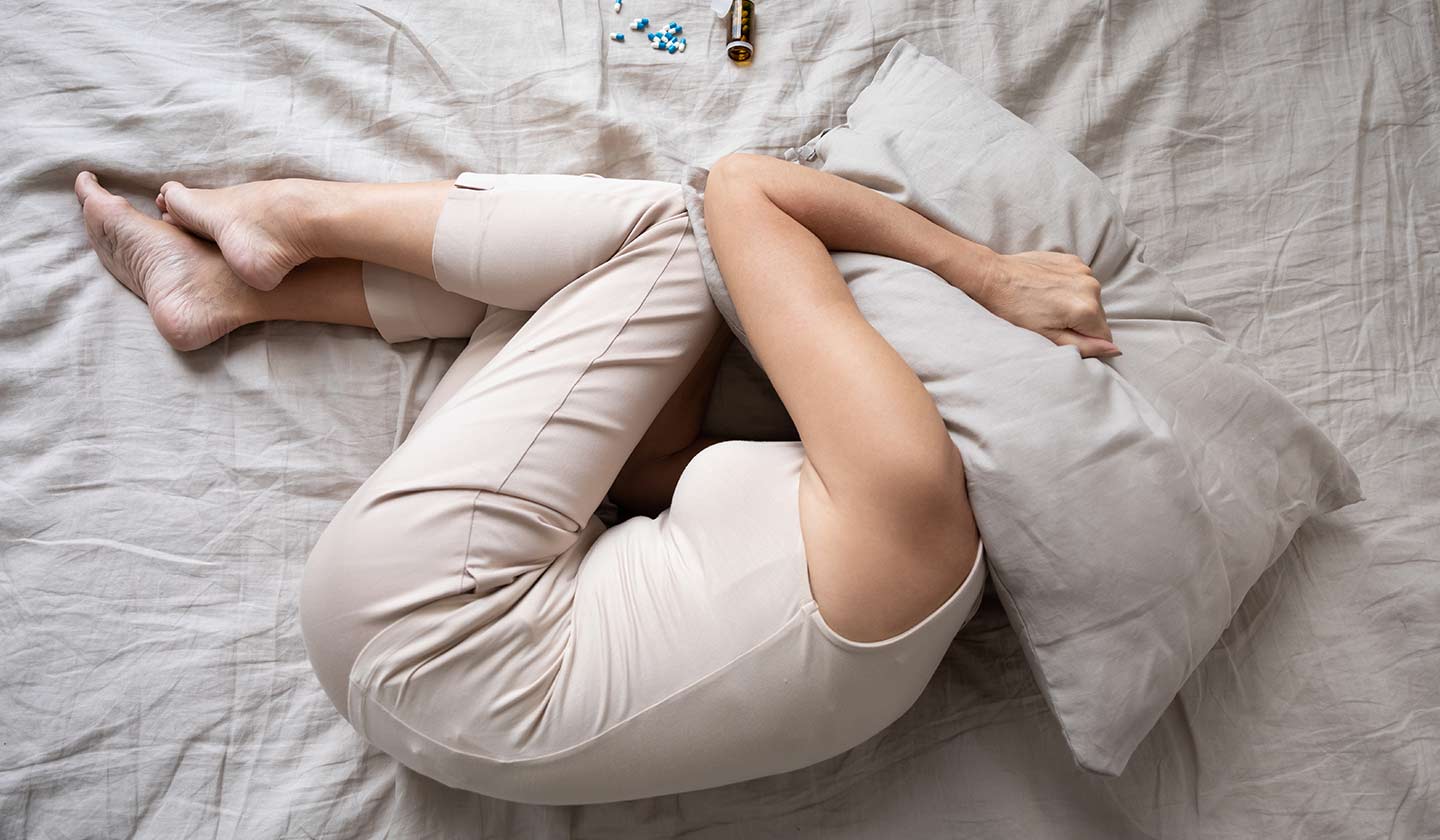
Emotional changes
What are the most common emotional changes?
The symptoms associated with depressive states are the most frequent:
- Irritability;
- Insomnia;
- Depressive mood.
Why do they occur?
It is thought that ovarian hormones may be involved in regulating the levels of other mood-related hormones.
How do you deal with emotional changes?
Like any other health problem, you should seek help if they are intense or interfere significantly with your life. Hormone replacement therapy often improves emotional complaints and even depressive states for women in menopause.
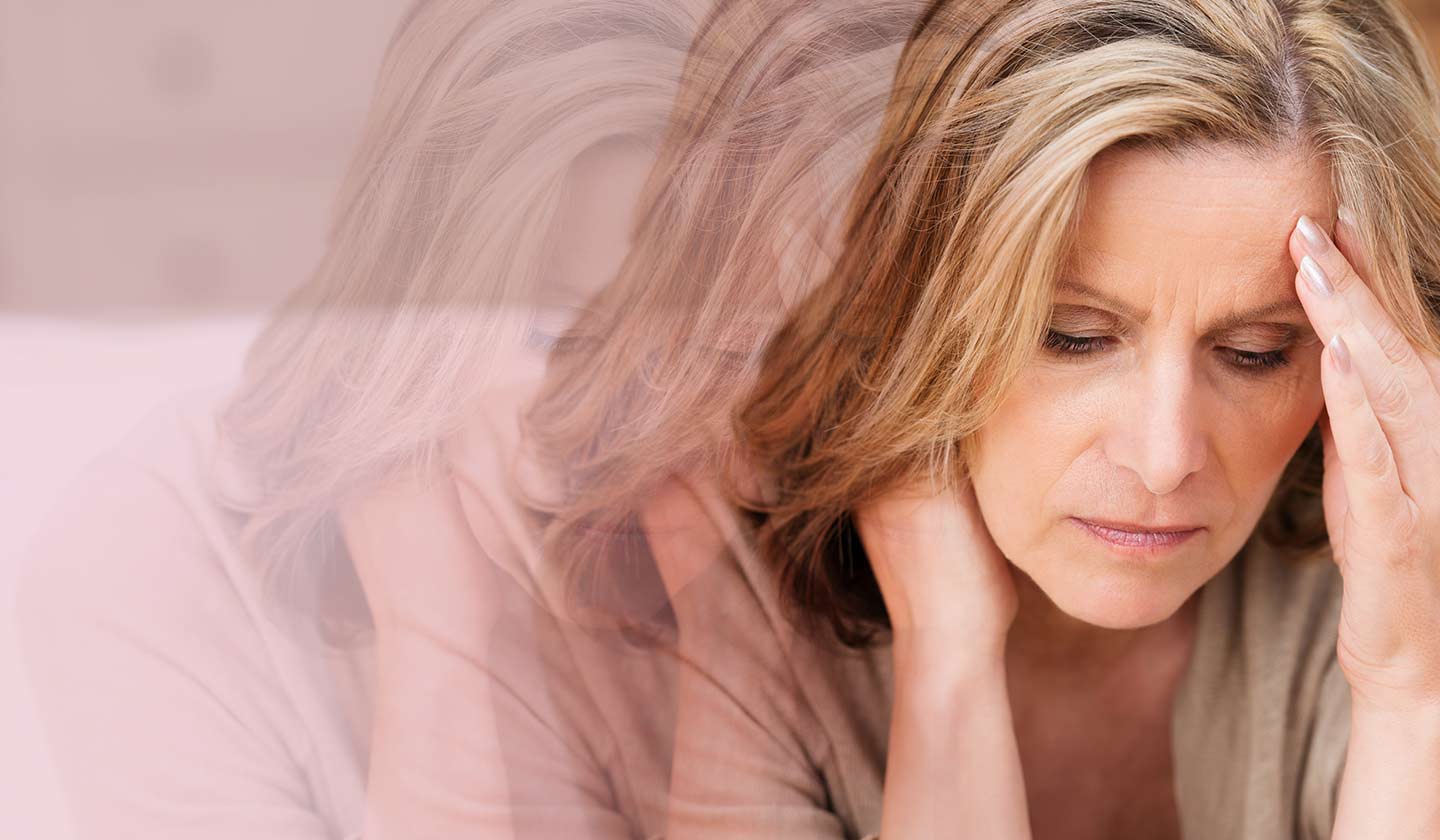
Depressions
Why are menopausal women more likely to experience depression?
There are several biological and environmental factors. Particularly at risk are women with intense hot flashes, those with sleep disturbances, those who have had a history of severe premenstrual syndrome or postpartum depression, those with stress-inducing life events, those with a history of depression and those using psychotropic drugs.
The hormonal changes that occur at menopause can help to enter into a depressive phase and the risk seems to be about 2.5 times higher compared to pre-menopausal women. Increasing importance is also being given to the link between decreased sleep quality (caused by hot flashes) and subsequent mood swings and depression.
What should be done?
It is not the gynaecologist's job to treat depressive pathology. Furthermore, although hormone replacement therapy can improve depressive symptoms, these alone are not an indication for this type of medication. Psychiatrists will have to decide which drugs are most indicated in each situation.
Sometimes, a multidisciplinary approach is important, where the gynaecologist and psychiatrist coordinate the two types of medication (psychiatric and hormonal).
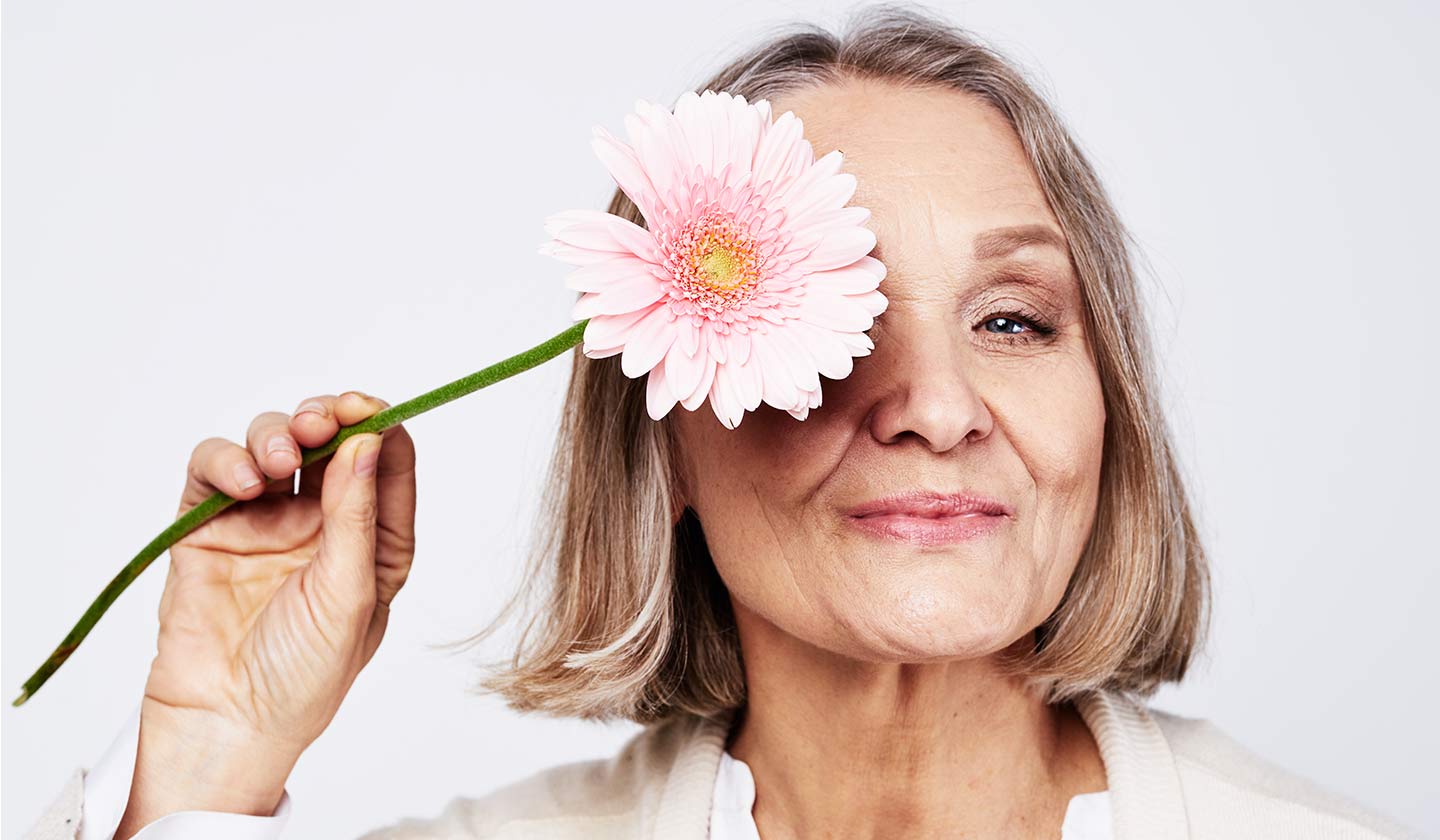
Reduced libido
Why does it happen?
Although postmenopausal women most often complain of a reduction in their libido, the relationship between menopause and decreased sexual desire is far from linear. Decreased oestrogen levels reduce vaginal lubrication and vascularity, which can lead to pain in intercourse (dyspareunia).
But this is a mechanical dysfunction and not necessarily correlated with decreased libido.
Different hormonal therapies also do not correct this complaint in a very important percentage of cases.
Other life changes that occur around the menopause (children leaving home, job instability, health problems, family or economic difficulties) can have a greater effect on the reduction of libido than the menopause itself.
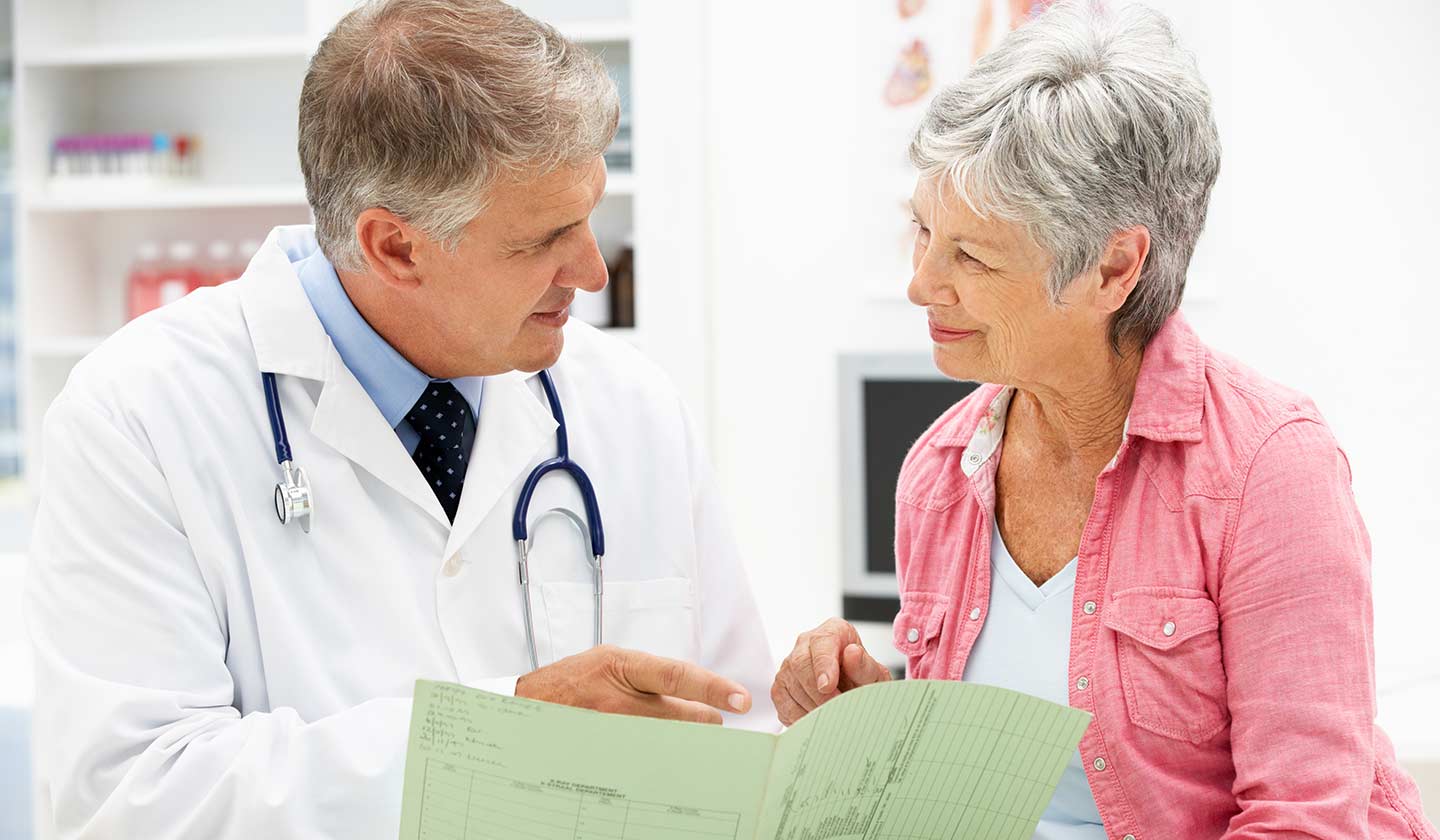
What should be done?
The approach should be multidisciplinary - the gynaecologist has an important role in an initial approach, but in women whose acceptance of the menopause is frankly poor, psychological support sometimes needs to be considered. In the first instance, vaginal dryness that may be causing dyspareunia should be corrected.
If complaints of decreased libido persist, try to discover the causes. It is very important to demythologise the role of the menopause as an isolated factor. In the overwhelming majority of cases, everything else is more important. You should talk openly about the changes in your body.
Sources
iSaúde
Revista Farmácia Distribuição
Também lhe poderá interessar
Gynecology

